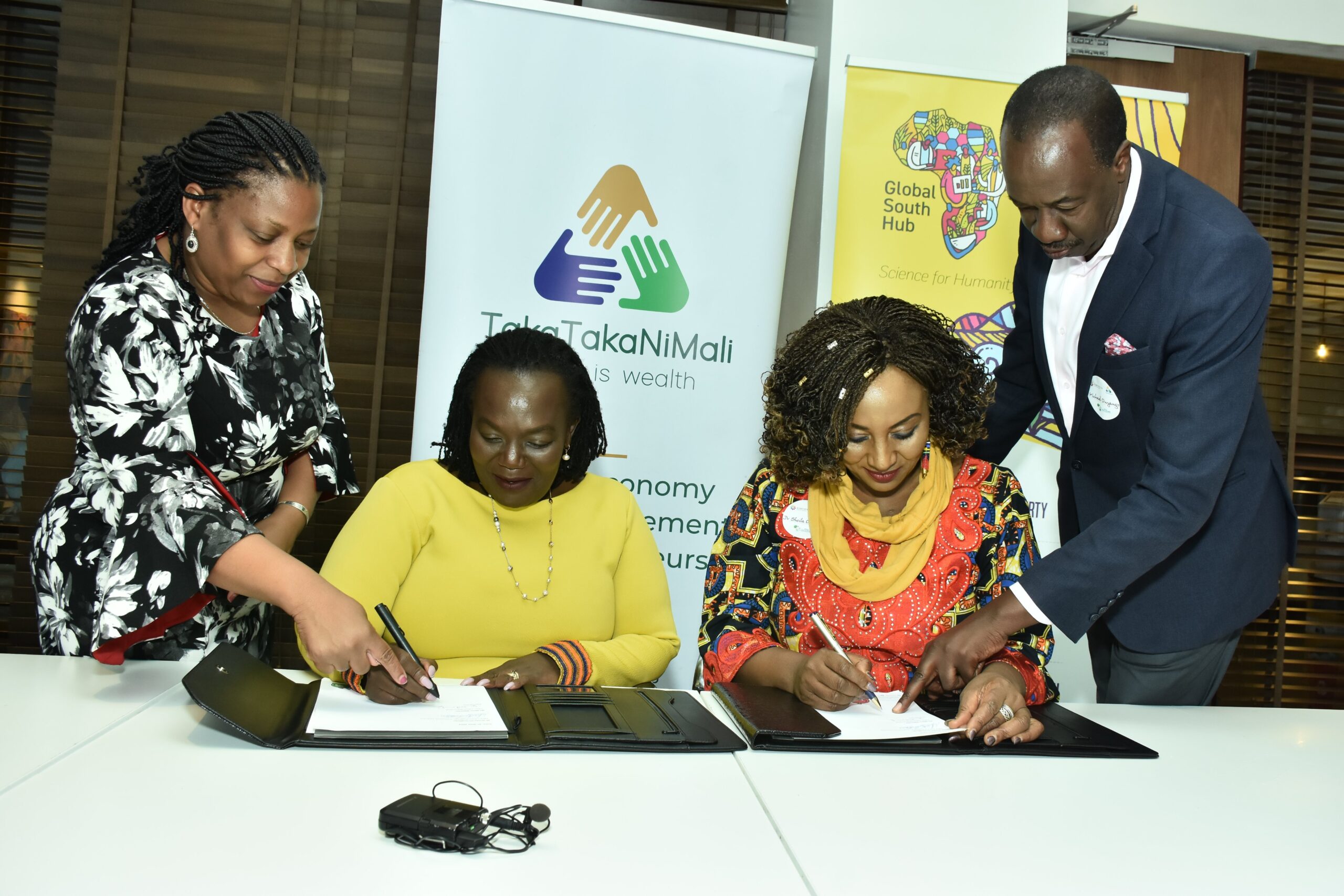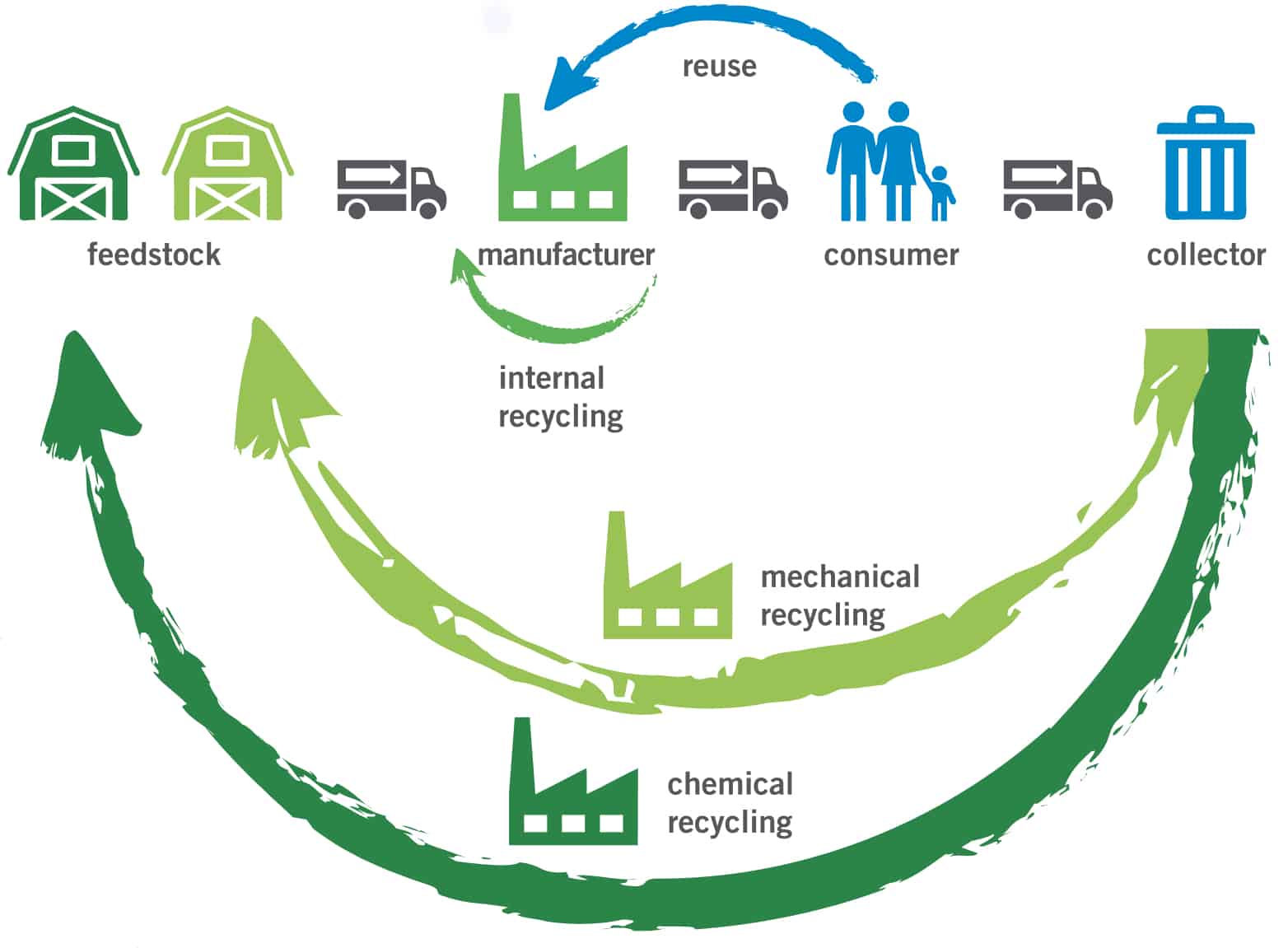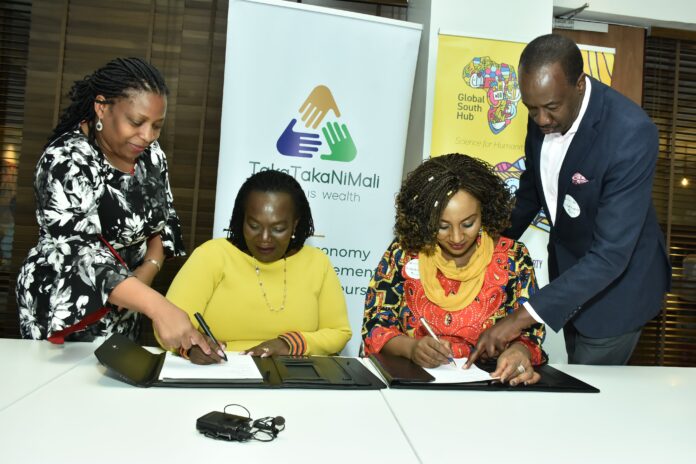By Henry Owino
Nairobi, Kenya: As World Environmental Day was marked on 6th June, Taka Taka Ni Mali (TTNM) (translated waste is wealth) a non-profit and private organization, made an advancement of sustainable waste management. The organization launched a new product known as ECOLOOP that offers an alternative strategy to waste management.
Ecoloop is a system pioneering solutions to address the challenges of an underdeveloped waste management value chain. The aim is to promote and increase recycling at a high level and the use of waste-based feedstock.
Therefore, Ecoloop is a new integrated waste regeneration ecosystem that leverages technology to track the movement of waste, and its conversion, and assess its impact on the environment. With Ecoloop strategy, corporates can unlock their brand value, increase visibility across the value chain, comply with environmental regulations, reduce their carbon footprint, and monitor and evaluate their environmental impact.
According to Mary Ngechu, lead patron at TTNM, the innovative product leverages an integrated waste regeneration ecosystem which is a cutting-edge technology. She explained Ecoloop helps to transform the way waste is tracked, converted, and assessed for its impact on the environment.

“Ecoloop is a strategy of a circular economy that uses a model of production and consumption, which involves sharing, leasing, reusing, repairing, refurbishing, and recycling existing materials and products as long as possible”, Ngechu clarified.
It seeks to empower individuals at the bottom of the pyramid to tap resources from waste management to improve their living standards. Major stakeholders include producers, recyclers, processors, and manufacturers of products. At the end of the day, it is acting together in a circular value chain economy through new solutions and strategies to conserve the environment as joint responsibility.
Economic Impacts
Ecoloop is , therefore, a certification program for producers, recyclers, processors, and manufacturers of products. The certification gives its customers the assurance that their products make a contribution to the circular economy through the use of waste-based feedstock.
The strategy offers access to global environmental events, keeping businesses at the forefront of sustainability initiatives. Again, it will facilitate public-private community collaborations thus driving positive change in waste management. And more so, it enables monitoring and evaluation of environmental impact as well as empowering data-driven decision-making.
The Patron TTNM said previous strategies were successful where collectors had been shown how to separate and collect waste, sell waste, and earn from the recyclables. She added that Ecoloop’s strategy is will enable collectors to sell waste and earn from the recyclables.
“We are thrilled to introduce Ecoloop to the market to transform waste into new value. Ecoloop represents a significant step towards achieving waste free environment,” Ngechu emphasized. We believe this groundbreaking product will revolutionize the waste management industry and drive sustainable change across East Africa and beyond,” she added.
“TTNM as an organization is dedicated to innovation, growth, and strengthening of connections in the waste management ecosystem in Kenya. The organization is effectively committed to turning waste into a circular economy through new solutions and strategies,” Ngechu emphasized.
Ngechu made the remarks during East Africa Waste is Wealth Series (AWWS) Conference held at a hotel in Nairobi, Kenya. The conference was hosted by Alliance for Science, TTNM among other partners, and was themed; Promoting Effective Waste Management Practices for Environmental Conservation and Climate Change Mitigation.
The conference brought together several organizations and participants aimed at uniting government institutions, private sector actors, development partners, and finance organizations to develop the necessary regional commitments.
Conservation of natural resources
Dr. Sheila Ochugboju, CEO of Alliance for Science said East Africa is taking the lead in waste management and sustainability issues. Nevertheless, she said there is an urgent need for a declaration on Africa to address waste management challenges.
Dr. Ochugboju cited Rwanda and Kenya as being among the first countries to institute a ban on single-use plastic in Africa. She affirmed that Alliance for Science looks forward to working with the private sector to support understanding of the role of science in waste management.
“Many countries in the Global North are struggling to catch up, but due to population growth, rapid urbanization, and an emerging middle class, it poses a great challenge,” Dr. Ochugboju regretted.
She pointed out that waste management like recycling helps preserve some of the world’s scarce resources. “For example, when we recycle paper, we save trees and forests that would otherwise have been cut down for the production of the paper,” Dr. Ochugboju observed.
An environment full of waste is not conducive for humans or any living things, plants included. Recycling waste ensures that the environment is cleaner by reducing some of the waste that can be molded into useful products instead of filling our landfills. People living in a clean environment are free from diseases.

The production of products from recycled materials requires less energy and hence saves than producing goods from new raw materials, which plays a critical role in air and water pollution prevention and the conservation of natural resources.
Recycling makes this possible by keeping environments stable and free of pollution produced by the careless disposal of recyclables. Polythene bags endanger aquatic animals and even people who reside in these areas. Furthermore, improper garbage disposal methods, such as burning waste, result in the release of harmful gases that contribute to air pollution yet protecting ecosystems and wildlife is vital.
“This is why there is an urgent need for African countries to accelerate action on waste management as an integral action on climate change and to address these current waste management challenges and prepare for the expected growth in waste generation in the coming century,” Dr Ochugboju advised.
Martin Ochieng, Board Chair United Nations Global Compact said as much as data is concerned in waste management, it is only important for driving decision-making in terms of actions and impacts. He, however, regretted that too much talk and paperwork derail action as at Global Compact, they are more interested in action with impacts.
“The impact means we have made some change in the environment and making a difference in people’s lives. So, data is just a business enabler in those decisions regarding what you need to review and where you need to focus. Otherwise some of these environmental problems we need just to tackle them,” explained Ochieng, Board Chair of Global Compact.














